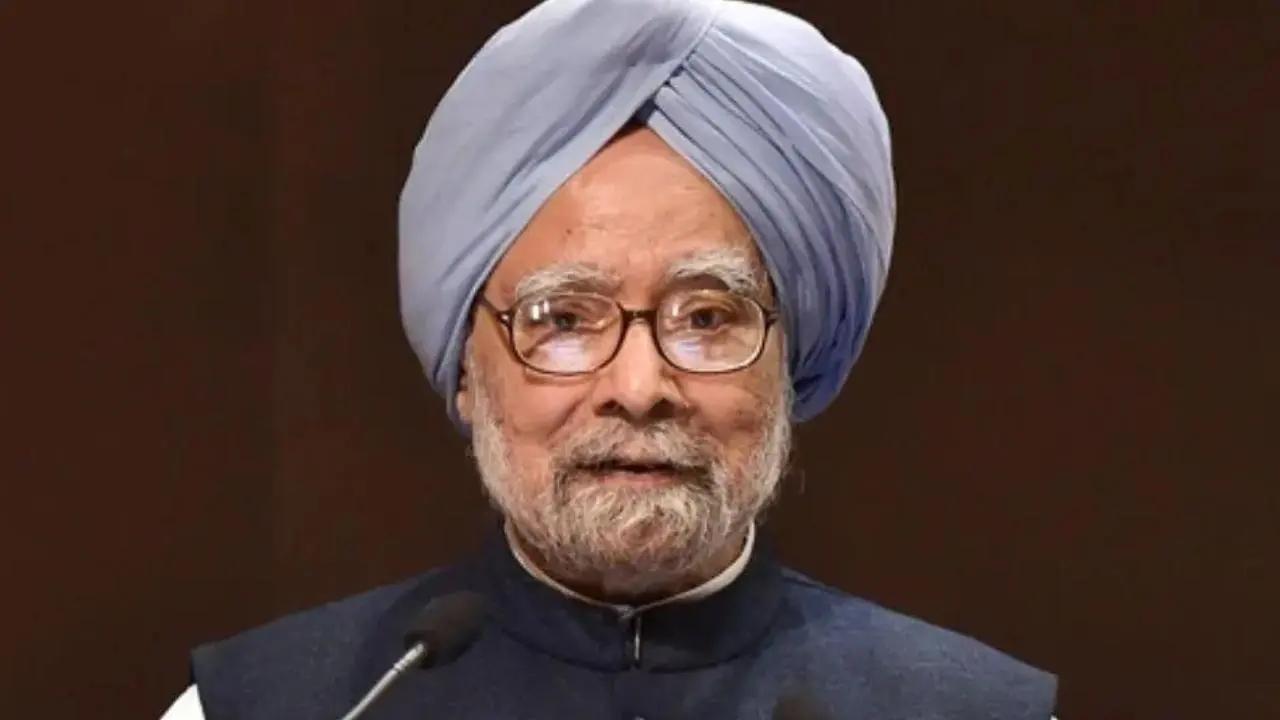Manmohan Singh, an Indian economist served as the Prime Minister of India from 2004 to 2014

Dr. Manmohan Singh. File Pic
Dr. Manmohan Singh, an Indian economist served as the Prime Minister of India from 2004 to 2014. Dr. Manmohan Singh is remembered for his significant role in shaping India's economic policies. The former PM of India, made several significant decisions during his tenure. Here are five major decisions and initiatives associated with his leadership:
ADVERTISEMENT
Economic Reforms and Liberalization (1991):
Dr. Manmohan Singh, as the Finance Minister of India under Prime Minister P.V. Narasimha Rao, played a pivotal role in initiating economic reforms and liberalization in 1991. These reforms aimed to open up the Indian economy, reduce government control, and encourage foreign investment. They led to significant changes in India's economic policies, which ultimately contributed to the country's economic growth and globalisation.
The Indo-US Civil Nuclear Agreement (2005):
One of Dr. Manmohan Singh's significant foreign policy initiatives was the Indo-US Civil Nuclear Agreement, also known as the 123 Agreement. This landmark deal paved the way for civil nuclear cooperation between India and the United States. It allowed India access to nuclear technology and fuel for its civilian nuclear energy program, despite not being a signatory to the Nuclear Non-Proliferation Treaty (NPT).
National Rural Employment Guarantee Act (NREGA) (2005):
Dr. Manmohan Singh's government introduced the National Rural Employment Guarantee Act in 2005, later renamed the Mahatma Gandhi National Rural Employment Guarantee Act (MGNREGA). This social welfare program aimed to provide a legal guarantee of at least 100 days of employment per year to rural households, thereby alleviating rural poverty and unemployment.
Right to Information Act (RTI) (2005):
The Right to Information Act, passed during Dr. Manmohan Singh's tenure, is a significant legislation that empowers Indian citizens to seek information from government authorities and institutions. This act has been instrumental in promoting transparency, accountability, and reducing corruption in public administration.
Pradhan Mantri Gram Sadak Yojana (PMGSY) (2000):
The Pradhan Mantri Gram Sadak Yojana (Prime Minister's Rural Roads Program) was launched in 2000 during Dr. Manmohan Singh's tenure as the Finance Minister. This program aimed to provide all-weather road connectivity to rural areas, promoting rural development, accessibility, and connectivity.
These are just a few of the major decisions and initiatives associated with Dr. Manmohan Singh's time as India's Prime Minister and as a key member of the Indian government. His tenure saw significant developments in economic policy, foreign relations, social welfare, and infrastructure development.
 Subscribe today by clicking the link and stay updated with the latest news!" Click here!
Subscribe today by clicking the link and stay updated with the latest news!" Click here!







